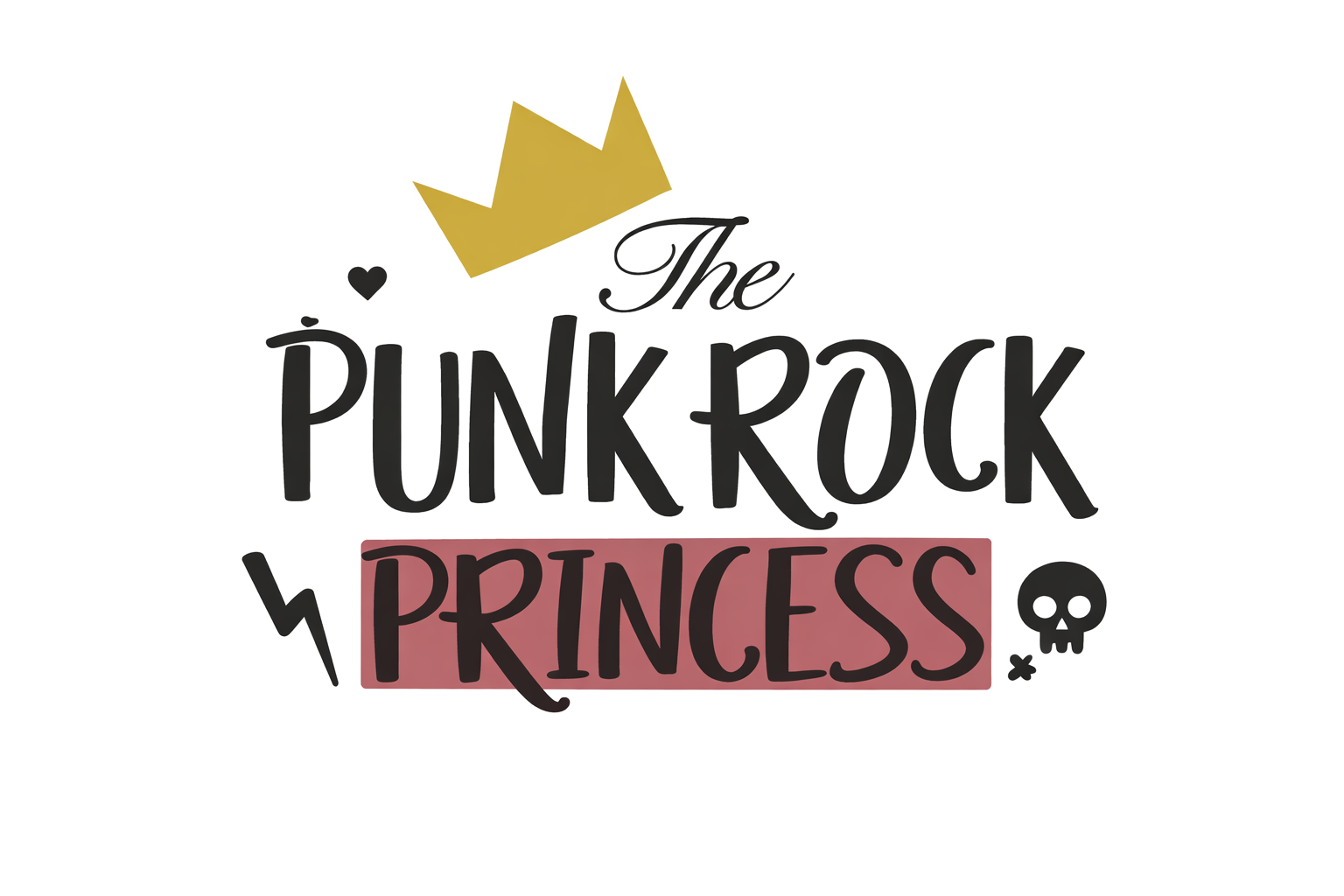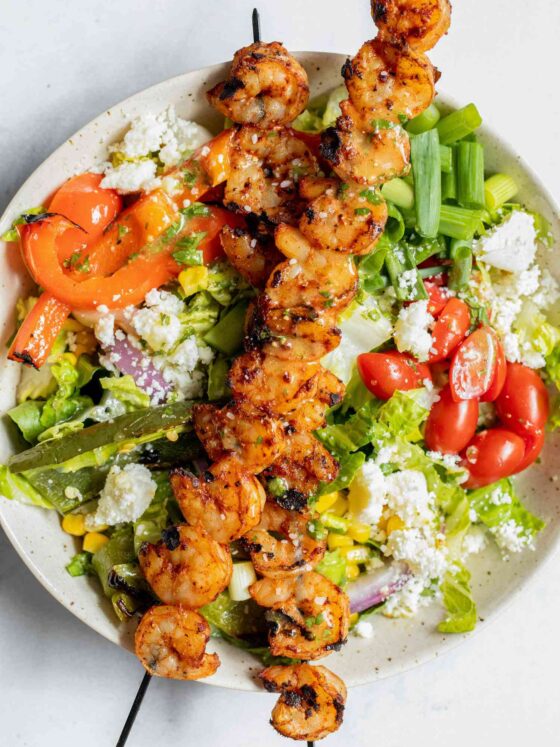Teach Yourself Piano with Joyful Keys and Chords
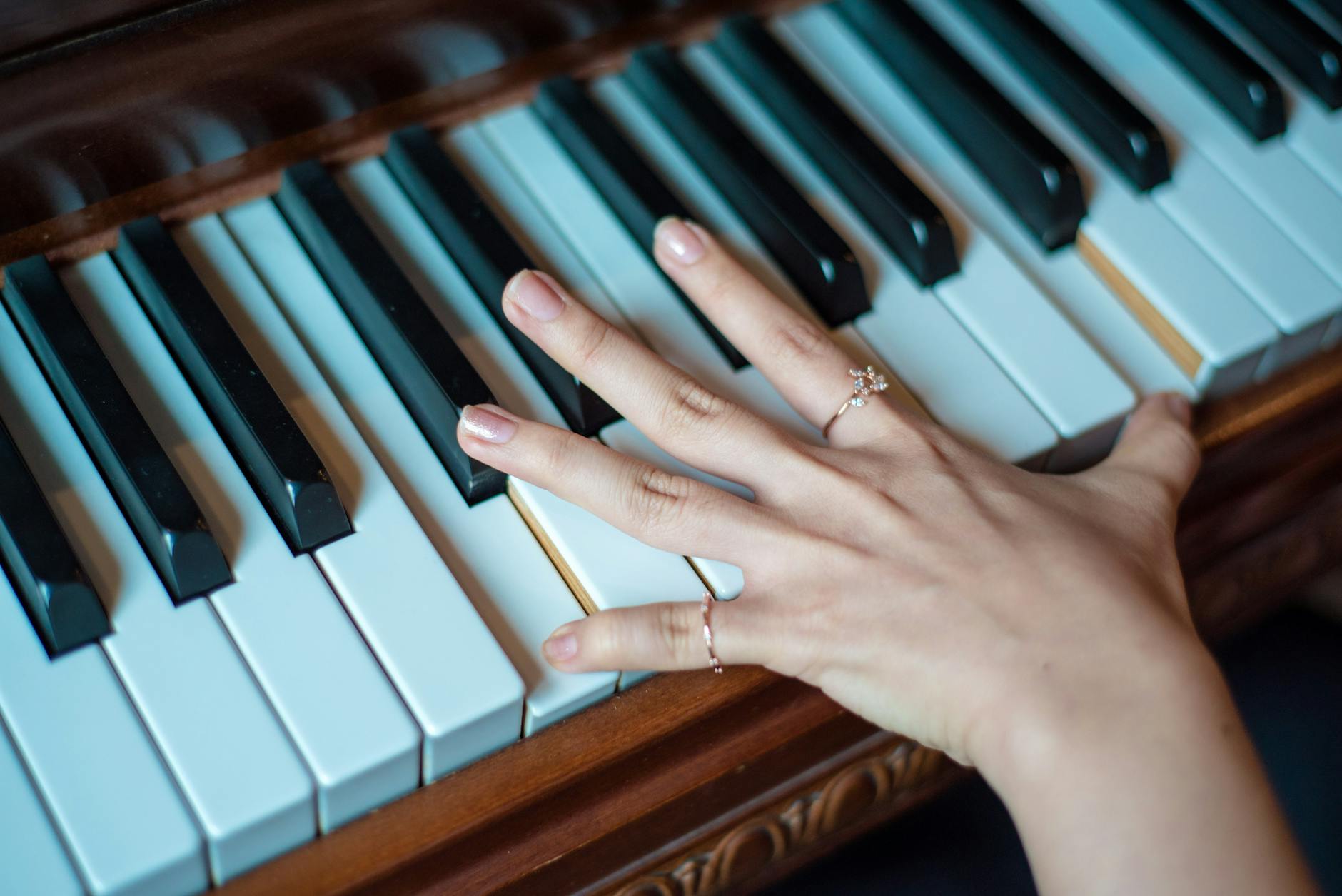
Have you ever dreamt of tickling the ivories, creating music that stirs the soul, but thought it’s too late or too expensive? Fear not! Teaching yourself piano can be a delightful, affordable, and incredibly rewarding experience. Let’s dive into the world of self-taught piano, where the only limit is your enthusiasm!
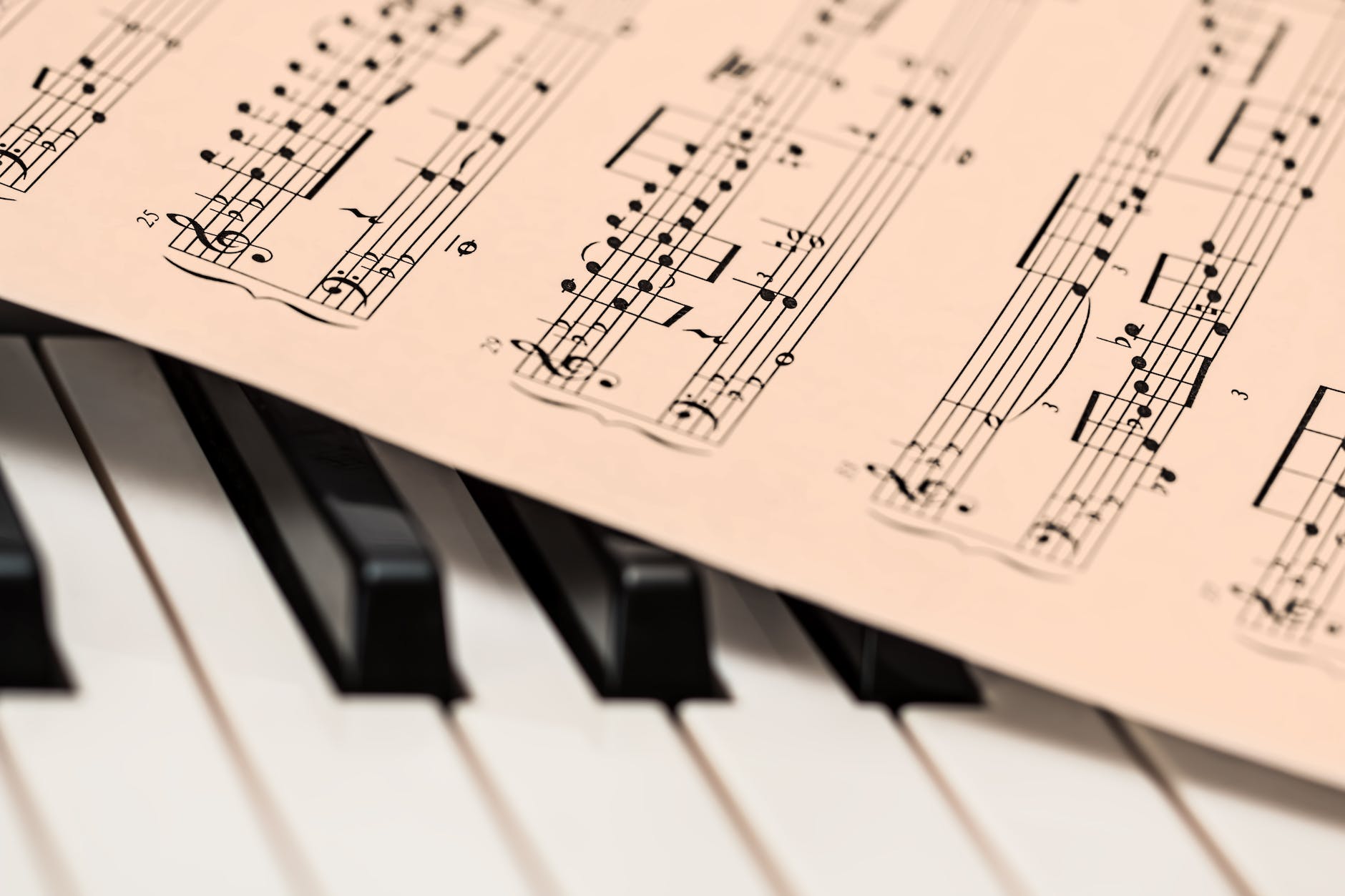
Starting: Your Piano Playground
First things first, you need an instrument. Don’t worry, you don’t have to break the bank. Digital keyboards are a great, budget-friendly option. Brands like Yamaha and Casio offer models under $100. For a more authentic feel, consider a second-hand upright piano. Sometimes, these gems are given away for free by owners; just keep an eye on local classifieds and community boards.
Learn For Free: The Magic of the Internet
YouTube Channels
The Internet is a treasure trove for budding pianists. YouTube channels like HDpiano and PianoTV offer free lessons that range from absolute beginner to advanced techniques. Want to learn your favourite pop song or a classical piece? You’re just one search away.
Online Resources

Websites like IMSLP provide free classical sheet music, while Musicnotes offers contemporary pieces for a small fee.
Step-by-Step Guides and Apps
Books like “Alfred’s Basic Adult Piano Course” or “Piano Adventures” are fantastic for self-learners, offering structured lessons and songs to practice. Prefer tech? Apps like Simply Piano or Flowkey guide you through lessons using your keyboard or piano, listening as you play and providing instant feedback. Prices vary, but many offer free trials or lessons before you commit.
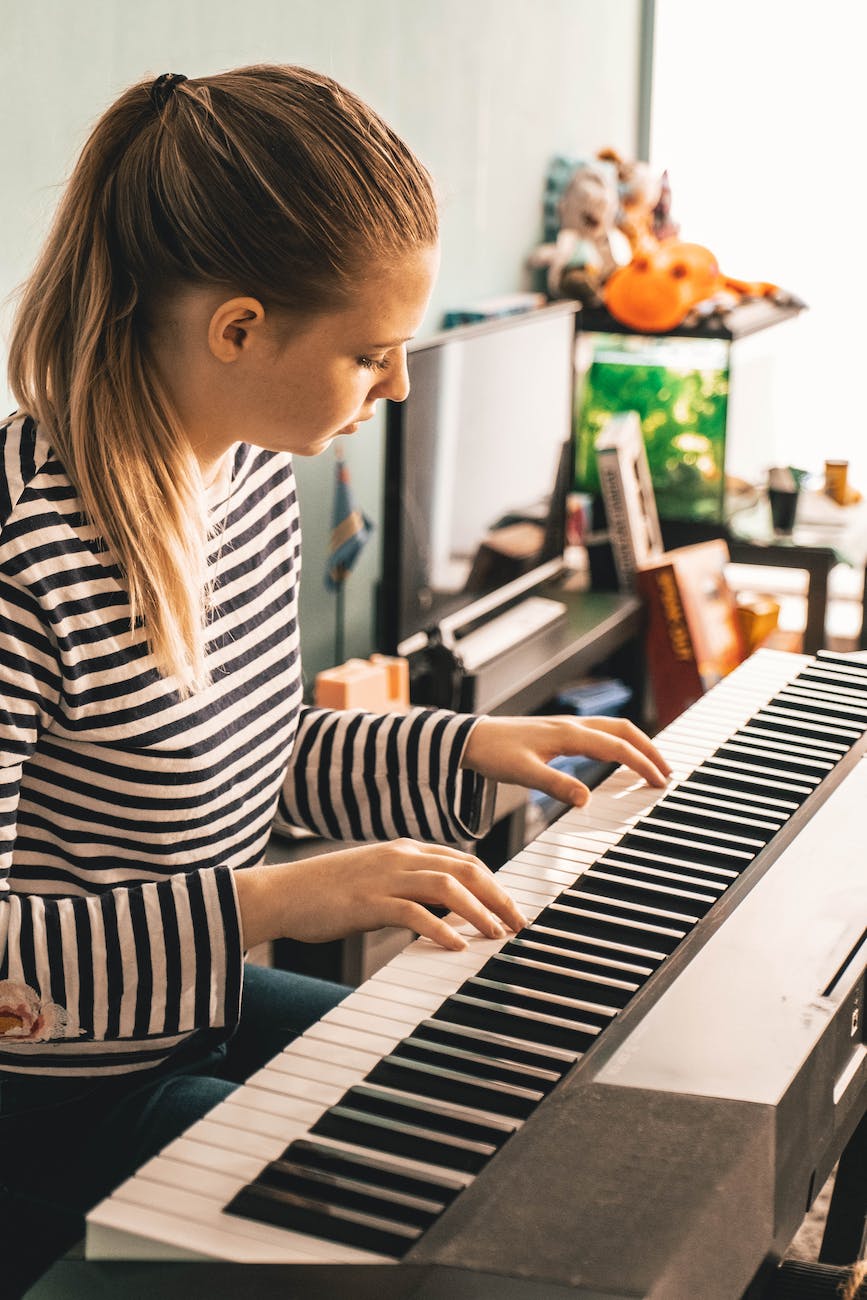
Sheet Music and Songbooks: Your Musical Library
Feeling adventurous? Dive into second-hand stores for vintage songbooks; you never know what musical treasure you might find!
Community and Forums: Share Your Journey
Join online communities like Piano World Forum or the r/piano subreddit. Here, you can share progress, get tips, and connect with fellow piano enthusiasts. Local community centres or libraries might also host piano clubs or music nights.
Make It Fun: Challenges and Rewards
Set personal challenges, like learning a new song each month or mastering a specific technique. Reward yourself with a piano-themed treat—maybe a new piece of sheet music or a fancy metronome.
The Rainbow of Styles: Explore Different Genres
Don’t limit yourself to one genre. Try classical, jazz, pop, or even video game music. Each style brings its own unique techniques and joys
Consistency is Key: Practice Makes Perfect
Even 15 minutes a day can lead to significant progress. Consistency is more important than marathon sessions.
Record and Reflect: Your Musical Diary
Record your practice sessions. Watching your progress over time is not only motivating but also a great way to spot areas for improvement.
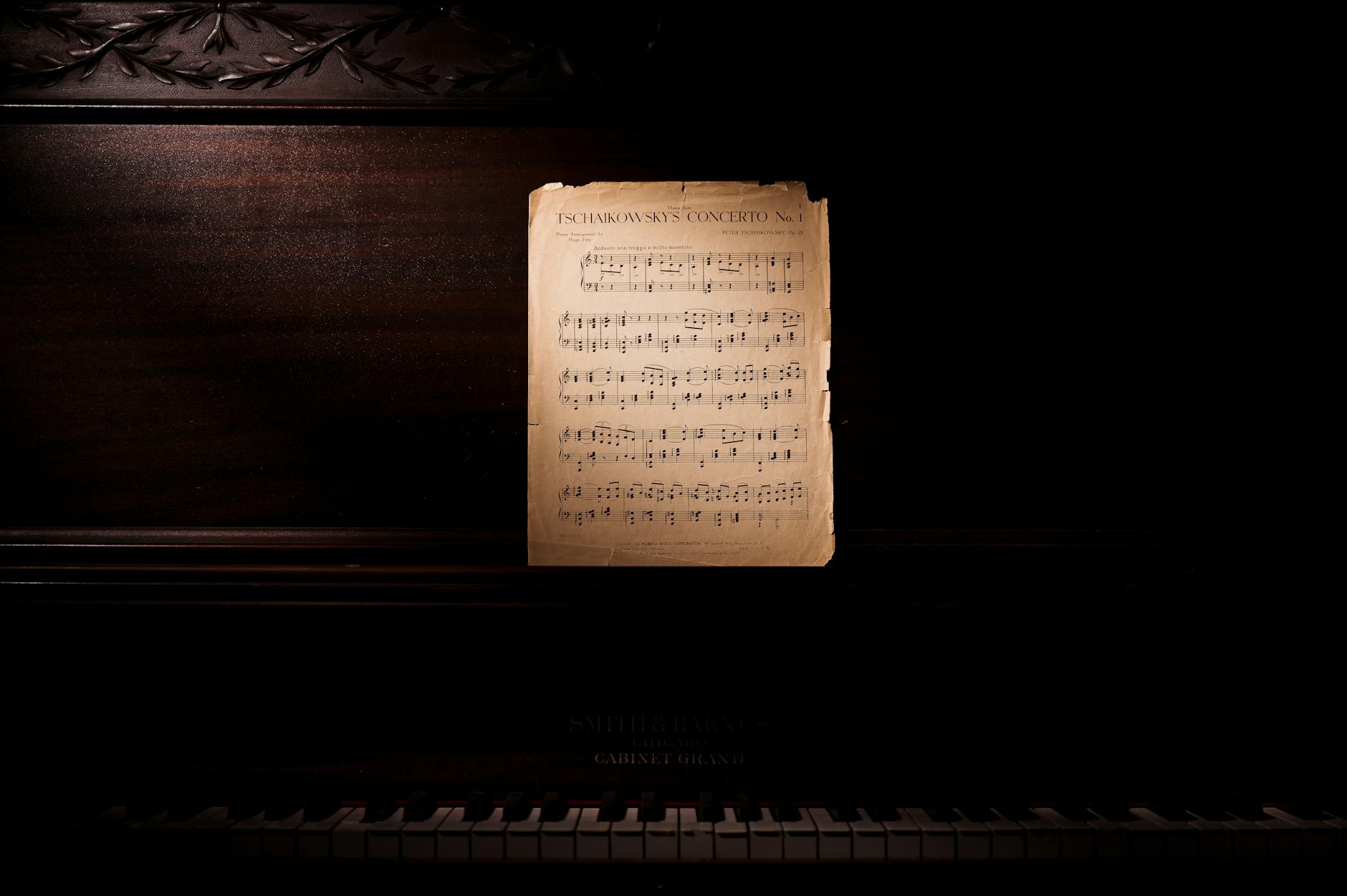
Embrace the Journey: Patience and Persistence

Remember, learning piano is a journey. Enjoy each note, each chord, and each moment of discovery. Patience and persistence will be your best friends along this melodious path.
In Conclusion
Teaching yourself to play the piano is a journey filled with discovery, challenges, and the joy of creating music. With the plethora of free and affordable resources available, anyone can embark on this musical adventure. So, why wait? Let your fingers dance across the keys and start making music that’s uniquely yours
